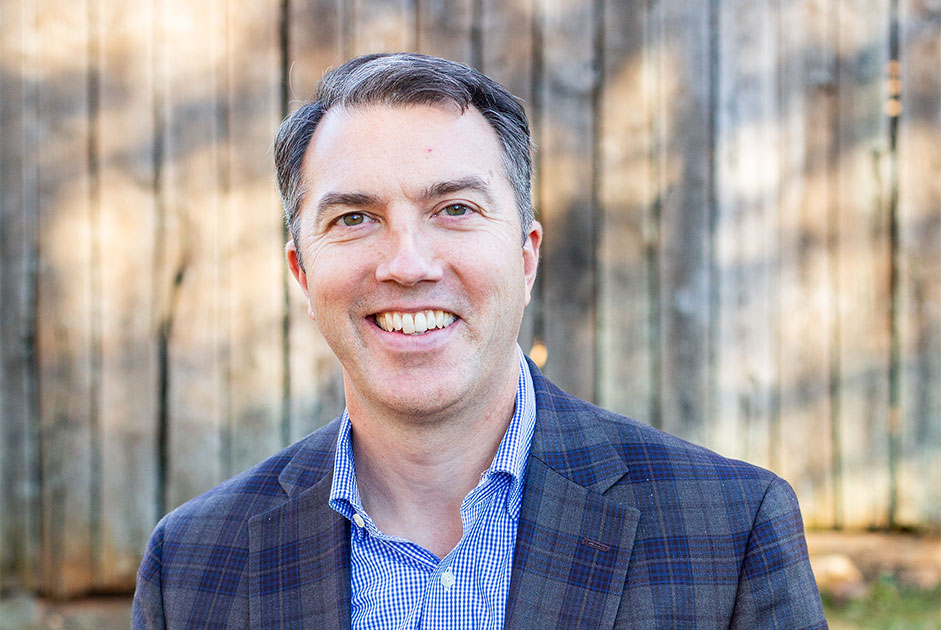BY STEVEN GALLO, CFP®, Partner, Financial Advisor
It is no secret that health insurance premiums and costs are rising every year. Due to the rising cost, folks are looking for ways to save money on medical expenses. That is where the Health Savings Account (HSA) comes in. But you may be asking – What is a Health Savings Account? How does it work? And is it the best option for my family?
What is a Health Savings Account?
An HSA allows you to contribute pre-tax funds and make tax-free withdrawals to pay for qualified medical expenses like prescriptions, co-pays, or dental care. It can be a great fit for those who have health care plans with high deductibles. Be careful though, as using your HSA to pay for non-qualified expenses before age 65 can trigger taxes and penalties.
Benefits
Many employers offer HSAs as part of a benefits package; however, as long as you meet the eligibility requirements, you can open one on your own. The funds in your account never expire and carry over from year to year. This is a unique advantage of HSAs that sets them apart from flexible spending accounts (FSAs), which require you to use the funds in the account by the end of the year or lose them.
Tax Advantage
HSAs are not only a straightforward way to put money away for medical expenses; these accounts also come with unique tax benefits. If you have an HSA through your employer, contributions can be deducted from your paycheck pre-tax, effectively reducing the amount of your income being taxed. If you have opened one yourself, contributions are tax-deductible and do not require you to itemize your return. Contributions can be invested, allowing you to take advantage of compounding growth potential, which can supercharge your ability to save. These returns are also tax-free as long as they are used for qualified medical expenses.
Retirement Benefits
HSAs may not seem like a retirement tool, but they can be beneficial as you get older. Medicare recipients cannot contribute to an HSA, but they can still use one to pay for medical expenses, such as Medicare premiums. Because funds do not expire, you can start saving early in an HSA to cover medical bills in retirement.
If you are considering getting an HSA account set up but are unsure where to begin, give us a call, we would be more than happy to walk you through how this account can work for your future and be a benefit to you and your family.
Content in this material is for general information only and not intended to provide specific advice or recommendations for any individual.
Securities offered through LPL Financial. Member FINRA/SIPC. Investment advice offered through Independent Advisor Alliance, a registered investment advisor, Independent Advisor Alliance and Marzano Capital Group are separate entities from LPL Financial.
(The highlighted disclaimer can continue to appear above the advisor’s picture in the printed column – please include the disclaimer at the bottom of the article for the online version)


















